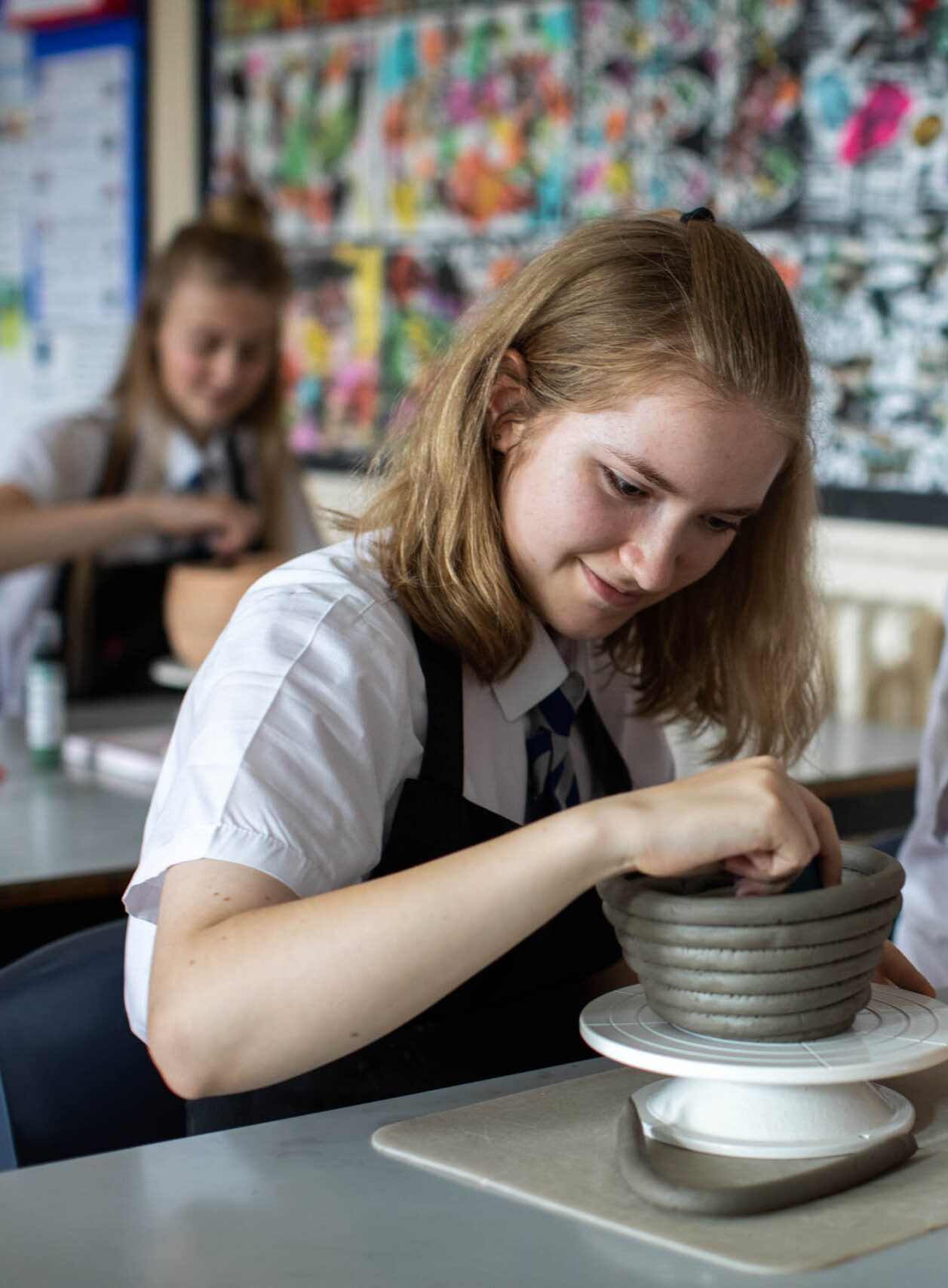Tips for Staying Safe Online
Technology is an everyday part of people’s lives and schools are making increasing use of what it can offer to learning. At Selston High School School we have systems in place to make the most of technology, whilst protecting your children. Through the school’s PSHE programme, assemblies and guest speakers, we do our best to provide our students with the awareness and knowledge they need in order to recognise and avoid dangerous, destructive, or unlawful behaviour and to respond appropriately. We though would strongly encourage all families to enable security settings on home devices to help protect your children online.

